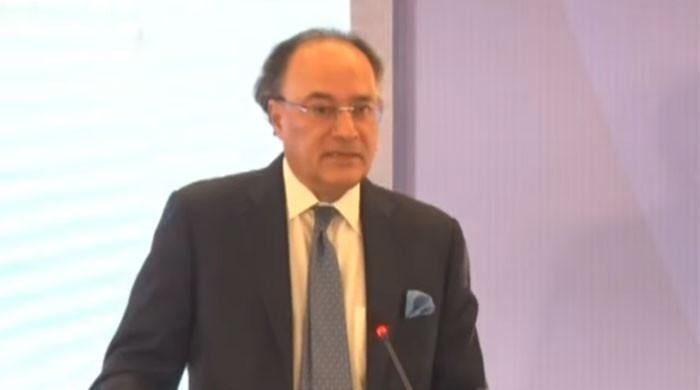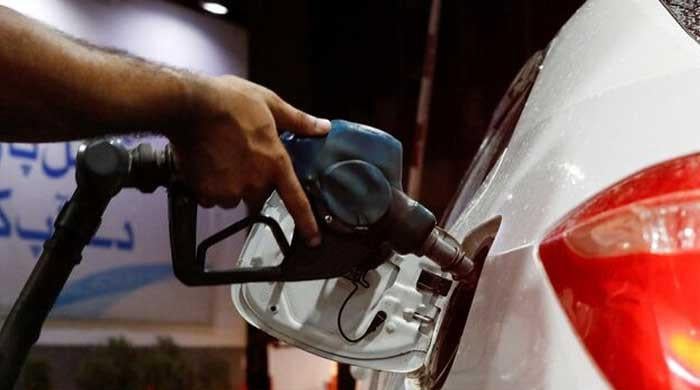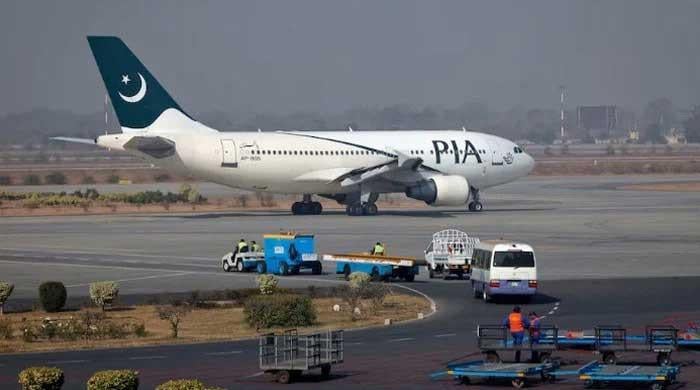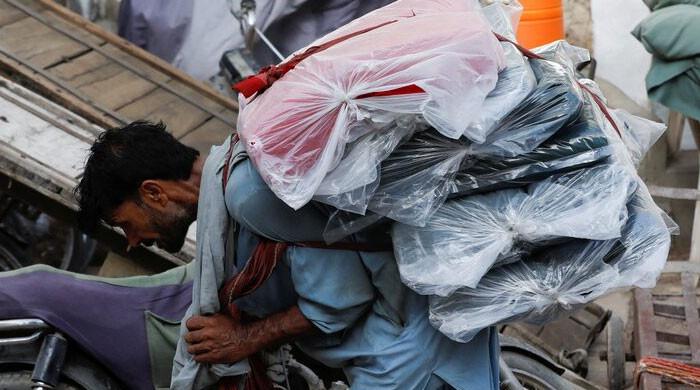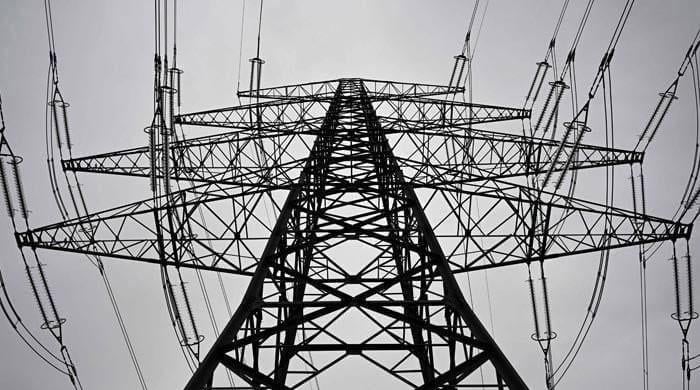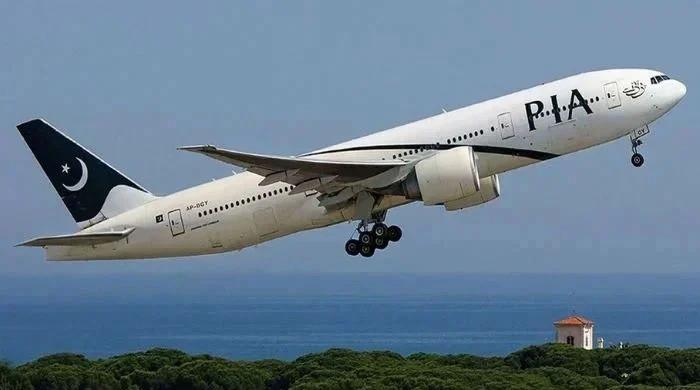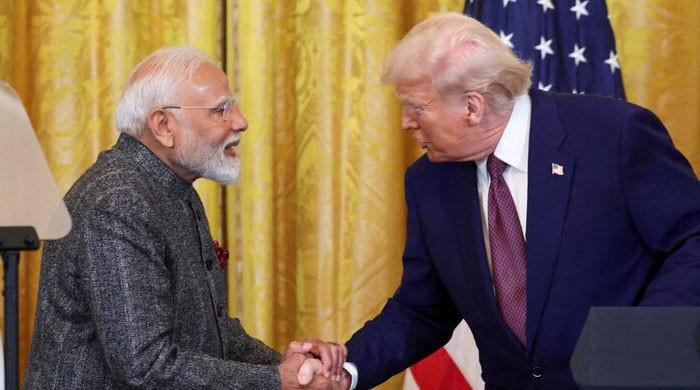Govt vows to pass cheaper Russian oil benefits to people
"I do not have the liberty to disclose commercial terms of our contract with Russia," Musadik Malik says
June 14, 2023
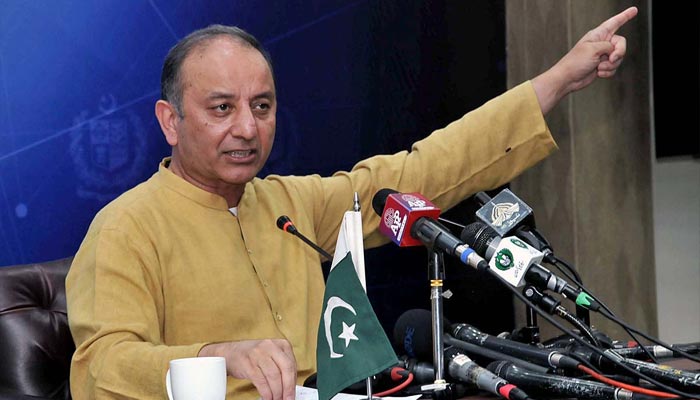
- Musadik Malik refrains from disclosing commercial terms of deal.
- Pakistan was benefiting from getting very good rates," he says.
- County aims to fulfil one-third of oil import requirement from Russia.
ISLAMABAD: State Minister for Petroleum Musadik Malik said the government could not disclose the contractual terms of its oil purchase from Russia, but assured that Pakistan was receiving favourable rates.
Malik, while speaking to journalists, said: “I do not have the liberty to disclose the commercial terms of our contract with Russia, this is part of our contract.”
Challenging any country to disclose its contractual terms with Russia, he questioned the need for Pakistan to be pressured into revealing its terms. However, Malik affirmed that Pakistan was benefiting from getting very good rates and these advantages would be passed on to the public.
Malik’s statement followed his announcement the previous day that the oil shipment was paid for using Chinese currency. Furthermore, he expressed the significance of the arrival of the first Russian oil cargo in 75 years, highlighting that within months, a cargo of Russian oil had reached Pakistan.
Malik shared that Pakistan has acquired 100,000 tonnes of Ural Oil, the second lightest crude available, from Russia. He stated that the samples of this crude had already been tested to assess their compatibility with Pakistani refineries.
Following the arrival of the cargo, Pakistan plans to continue importing crude oil from Russia, aiming to fulfil one-third of its oil import requirements from Russia while ensuring consumer discounts.
On Sunday, the maiden Russian oil vessel ‘Pure Point’ docked successfully at the Karachi Port Trust (KPT) carrying 45,142 metric tons of crude. The second shipment of Russian crude oil from an Omani port to Pakistan is expected to conclude within the next few days.
Regarding the local refineries, Malik acknowledged their reliance on Arabian Light Crude due to outdated hydro-skimming technology. “It is true that our refineries, which are running on old technology of hydro skimming, cannot refine 80% to 100% of Russian crude,” he said.
He disclosed that the current government has approved refinery and tight gas policies, the latter referring to natural gas reservoirs derived from reservoir rocks. Malik further revealed that advanced discussions are underway for a $10 billion investment from a Gulf Cooperation Council (GCC) country to establish a new oil refinery in Pakistan.
“The government intends to ink a $10 billion contract, before the end of its tenure so that a new oil refinery could be established in Pakistan,” he said.
Malik also mentioned that Pakistan had received a contract from Azerbaijan, which is currently under cabinet review. This contract entails the provision of distressed LNG cargo on a monthly basis, at a significantly lower price than the international market.
Pakistan has the option to accept or decline the cargo under the terms of the contract, while Azerbaijan is obligated to provide monthly distressed cargo.
Highlighting the recent diplomatic engagements, the minister reported the visit of a delegation from Turkmenistan and the signing of a joint implementation plan with them.
Malik noted that the previous four years passed without any contracts signed by the Pakistan Tehreek-e-Insaf (PTI). He further stated that Pakistan had extended invitations to European countries to establish LNG manufacturing units, positioning Pakistan as a transit route for gas transportation from Central Asian countries to Europe, thus enhancing regional energy security.
“Pakistan could become a transit route for gas transportation from Central Asian Republics to Europe to the energy security of the region,” he said.
Lastly, during his recent visit to the United States, discussions were held to facilitate the introduction of green hydrogen and ammonia in Pakistan. Malik emphasised that the fertiliser sector consumes one-third of Pakistan’s gas supply.
Originally published in The News




